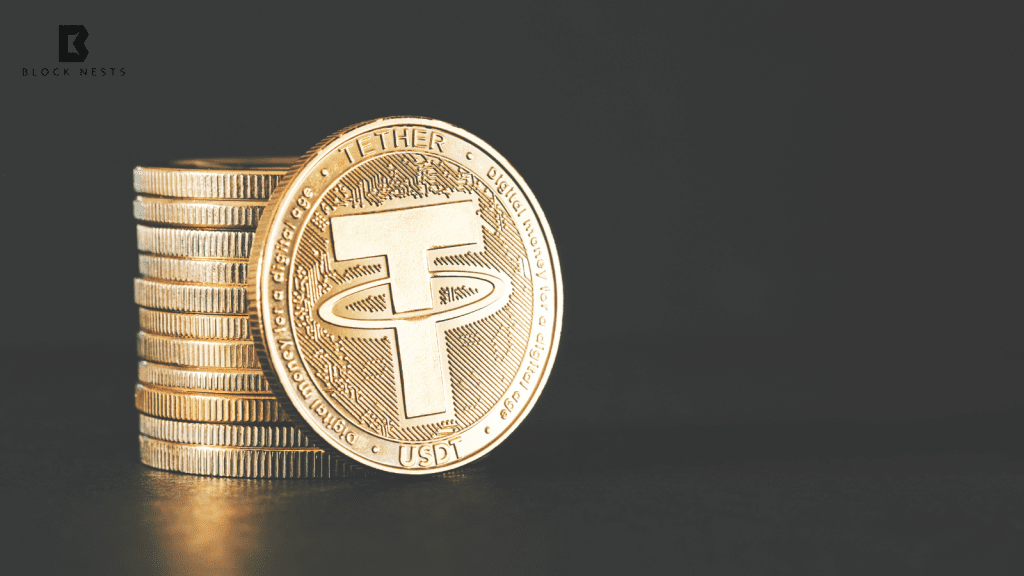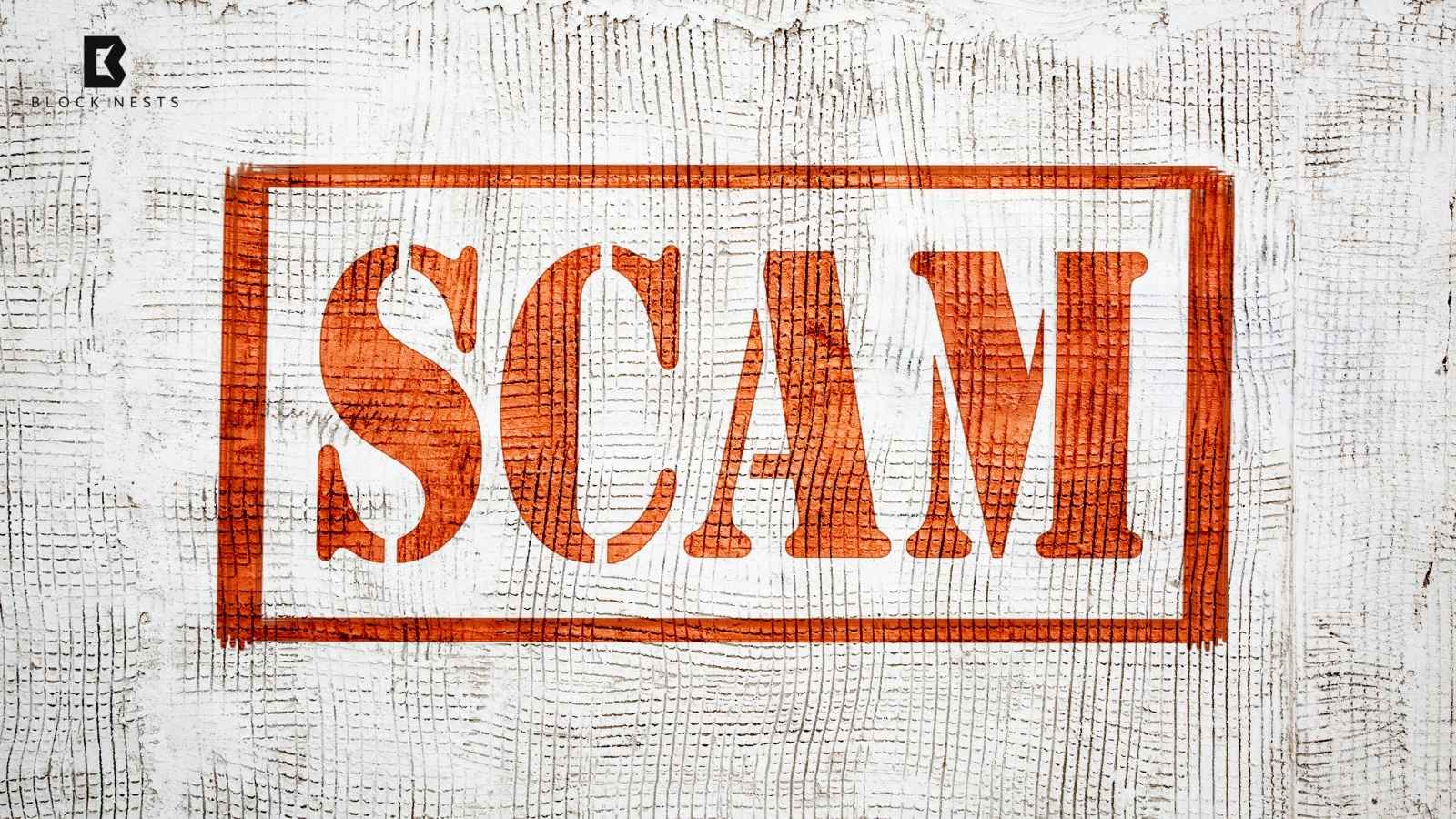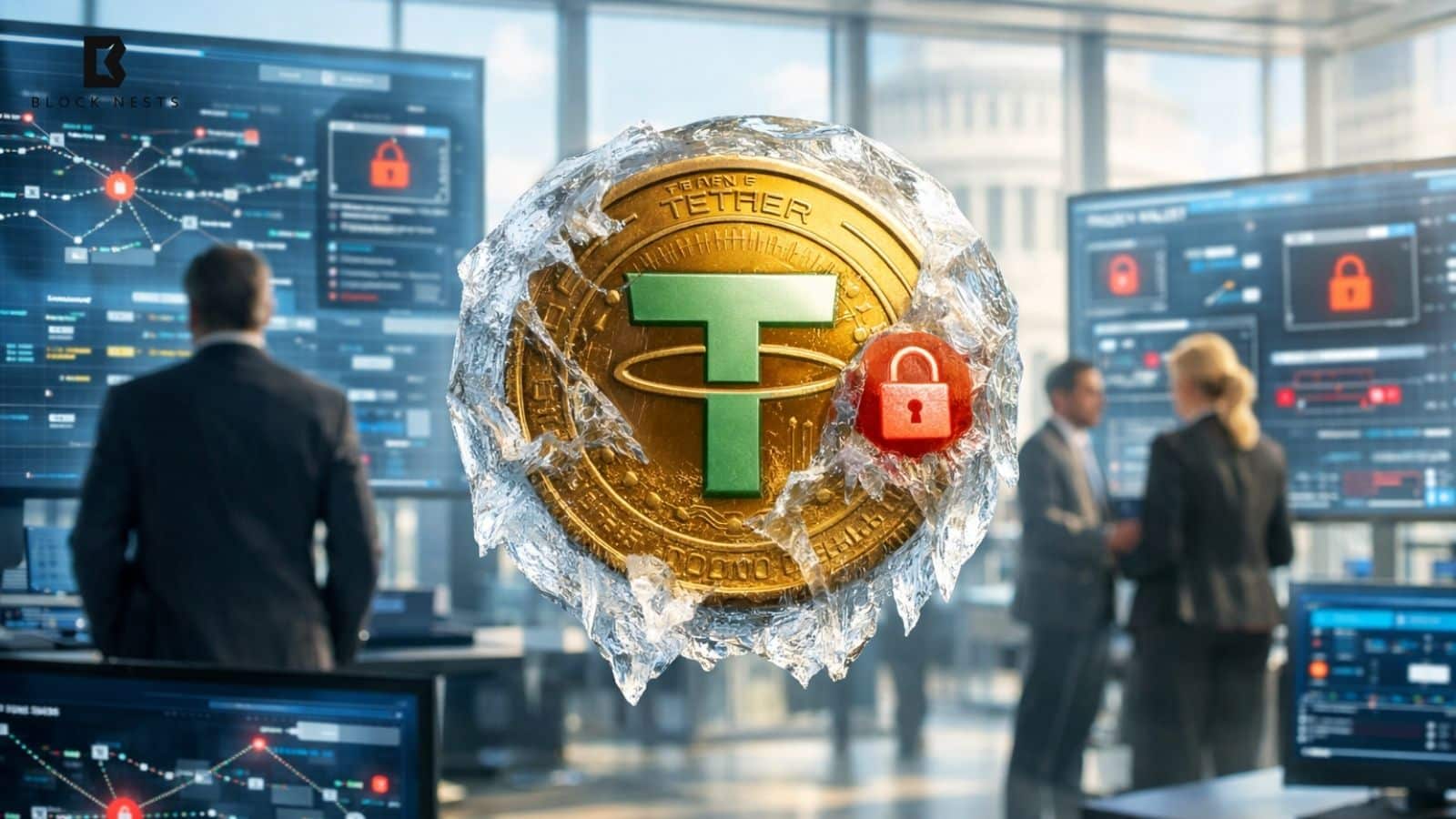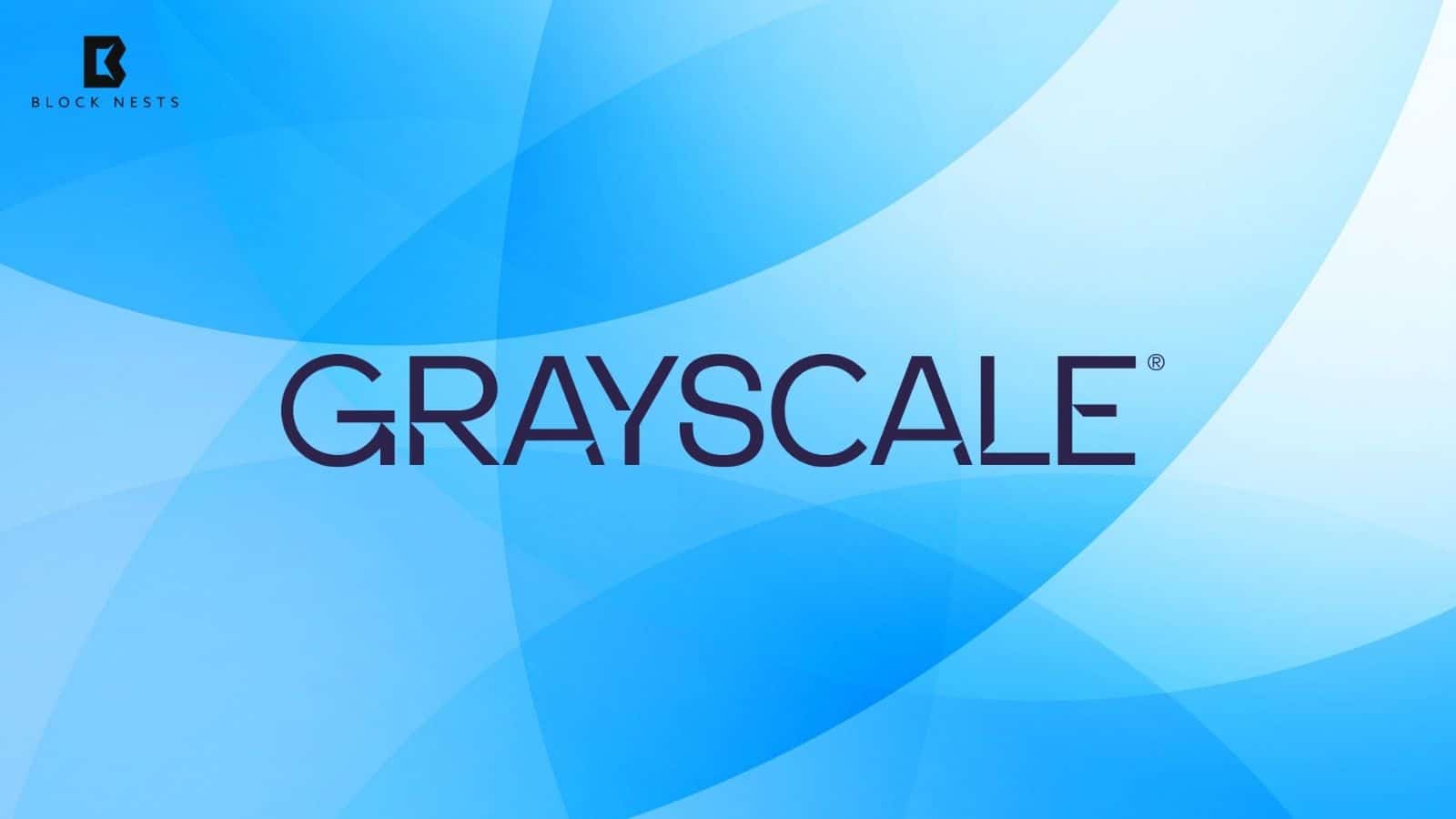- Tether helped freeze and reissue $1.6 million in USDT linked to Gaza-based terror funding.
- The move supports a wider DOJ case involving $2 million in crypto tied to terrorist groups.
- Tether has assisted over 275 agencies globally, freezing nearly $3 billion in illegal funds.
24 July 2025 – In a direct move against terror financing, Tether has frozen and reissued nearly $1.6 million in USDT linked to wallets associated with Buy Cash Money and Money Transfer Company (BuyCash), a financial network based in Gaza.
The funds qualify under a broader civil forfeiture case led by the U.S. Department of Justice that has gone after some $2 million in cryptocurrency that was being utilized to support terror groups. The wallets appeared for the first time on the secondary market.
U.S. authorities contacted Tether, and the company responded immediately. It froze the funds and reissued them to simplify the legal recovery process. This quick action highlights Tether’s growing role in stopping criminals from abusing digital currency.
Global Seizures Highlight Tether’s Expanded Role
Tether stepped up cooperation with international law enforcement authorities in the previous year. In July, Brazilian authorities acknowledged the company’s contribution in freezing $6.2 million in a case of money laundering involving Klever Wallet. In June, the U.S. Department of Justice appreciated Tether’s cooperation in a seizure of $225 million involving fraud.
Tether collaborated earlier in March with the U.S. Secret Service for freezing funds valued at $23 million that were related to Russia-sanctioned exchanger Garantex. In the same month, funds valued at $9 million that related to the hack on Bybit also got frozen. Both actions show a clear pattern. Tether is forming a pattern of collaboration in big enforcement cases from different continents.
Since its onset, Tether has frozen more than $2.9 billion in USDT that was related to illicit behavior. The company has collaborated with over 275 authorities in 59 territories. A good deal of this support, more than 2,800 wallet actions, was done with U.S. authorities.
Blockchain Transparency and Fast Action Give Edge
Tether also follows a strong wallet-freezing policy. This policy is compatible with both the U.S. Treasury’s Office of Foreign Assets Control (OFAC) and similar international lists. If criminal organizations misuse the blockchain, Tether would beable to instantly identify their funds and freeze them.
It is harder to accomplish in traditional finance, with payments going unmonitored for months. The public ledgers of blockchain make the flow of funds subject to audit. It makes it easier for authorities to track illicit flow and take action without delay.
Tether’s response in this latest incident shows that it’s possible to intervene in real-time if digital assets are handled responsibly. Increased seizures also show that digital finance is attainable if corporations like Tether stay active and alert.
Related Reading: Bitcoin’s Short-Term Uncertainty: Will It Lead to a Strong Rebound?
How would you rate your experience?






